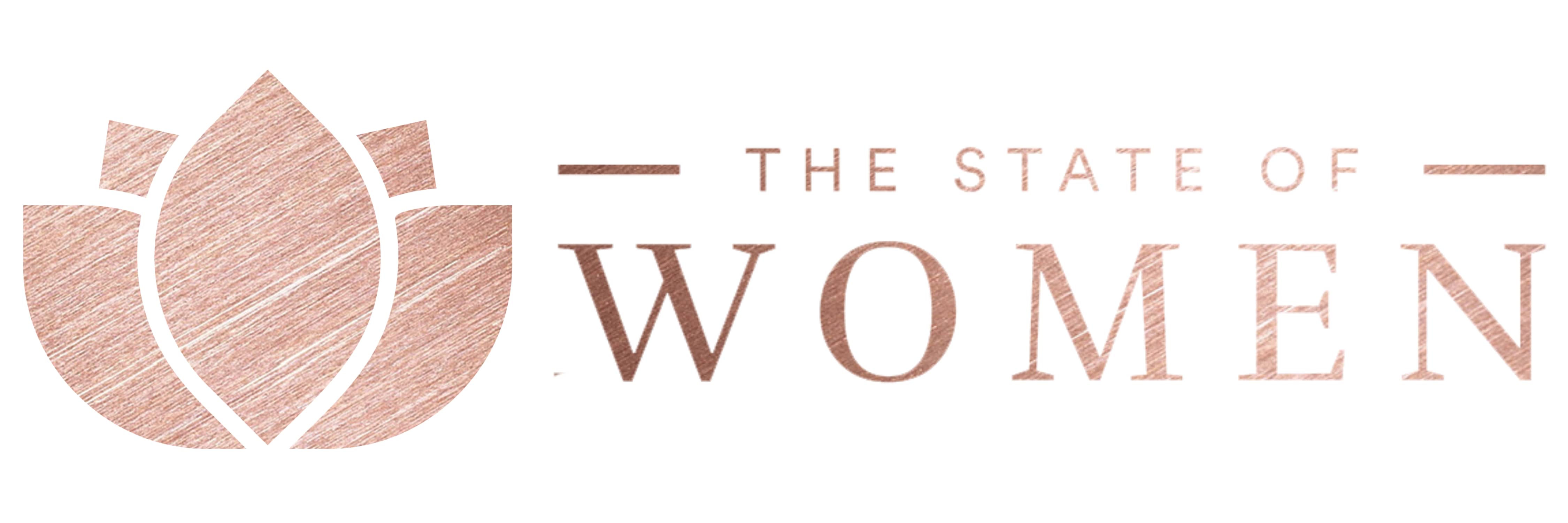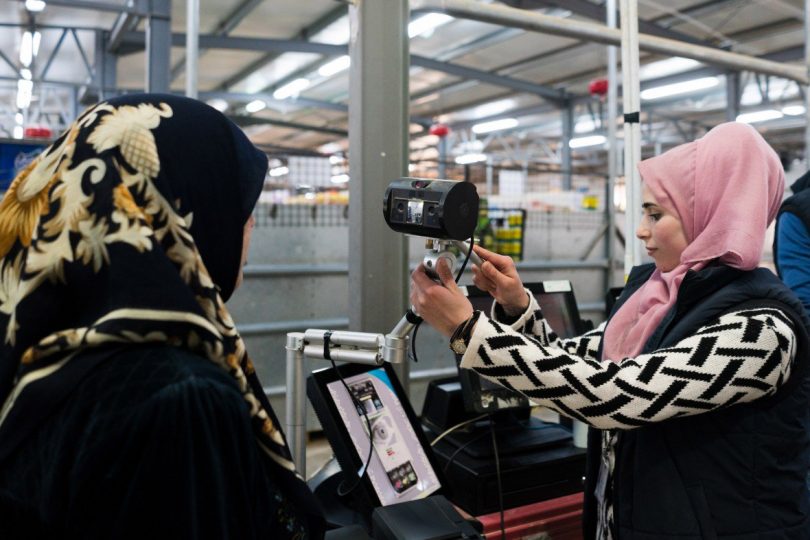MIT Technology Review brings us this fascinating look at Building Blocks, a blockchain technology that helps keep track of funds in the World Food Programme. As humanitarian needs have grown globally, WFP has shifted from delivering food to giving funds to people who need food—a move that increases efficiecy and transparency while allowing local communities to grow as they participate in the chain.
Building Blocks is also one of the first cases of blockchain technology being used to aid humanitarian efforts. Especially in a crisis like this, many people are trying to navigate day-to-day life and basic survival without government identity documents or other ways to track finances and needs—and situations are often most difficult for women refugees. Click through to read the whole story, and keep following us for more on the intersection of empowerment, technology, and women’s issues.
A few times a month, Bassam pushes a shopping cart through the aisles of a grocery store stocked with bags of rice, a small selection of fresh vegetables, and other staples. Today he’s wearing a black sweater tucked into denim jeans, which are themselves tucked into calf-high boots caked in mud. The Tazweed Supermarket, where he’s shopping, is on the periphery of a 75,000-person refugee camp in the semi-arid Jordanian steppe, six and a half miles from the Syrian border.
At the checkout counter, a cashier tallies the total, but Bassam doesn’t pay with cash or a credit card. Instead he lifts his head to a black box and gazes into the mirror and camera at its center. A moment later, an image of Bassam’s eye flashes on the cashier’s screen. Bassam collects his receipt—which reads “EyePay” and “World Food Programme Building Blocks” across the top—and walks out into the noonday chaos of the Zaatari refugee camp.
Though Bassam may not know it, his visit to the supermarket involves one of the first uses of blockchain for humanitarian aid. By letting a machine scan his iris, he confirmed his identity on a traditional United Nations database, queried a family account kept on a variant of the Ethereum blockchain by the World Food Programme (WFP), and settled his bill without opening his wallet.
Want to receive early-bird invitations to our global events, custom-tailored content we think you’ll love, and get exclusive access to “The World Women Report”?



